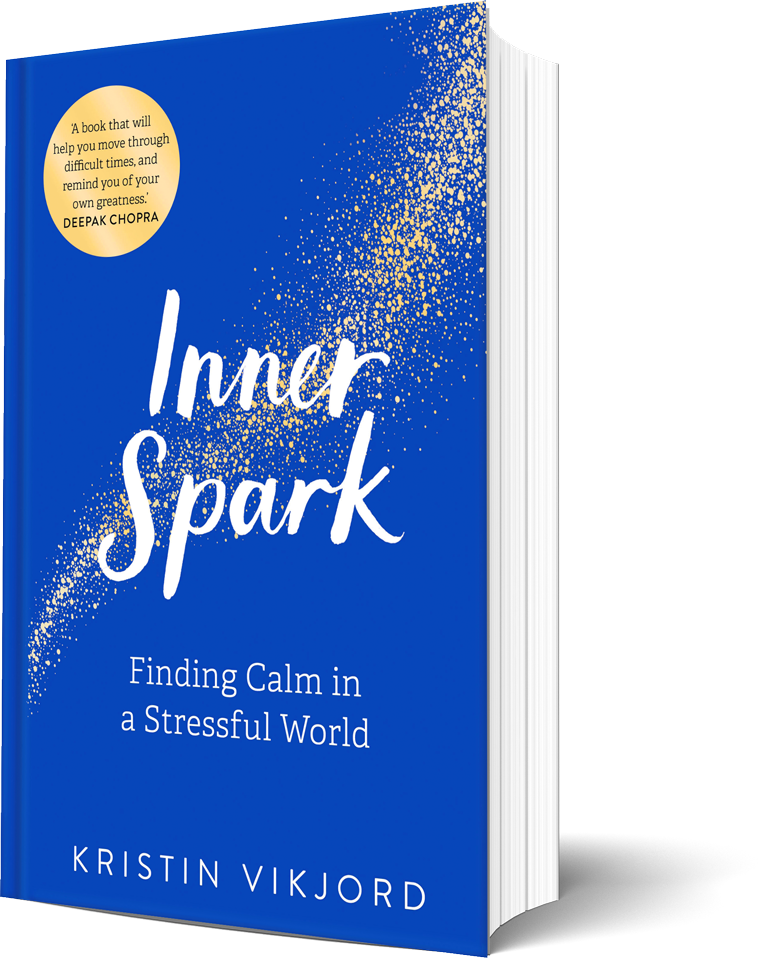09 Apr The article on Elephant Journal – unedited
Posted at 08:04h
in Uncategorized
Here’s is the un-edited article for Elephant Journal: comments till going on under the text… please feel free to join the debate! Nuancing perspectives are always welcome.
___________________________
Connecting – release of tension or exposure to pain?
Yoga as professional discipline, just as its contemporary connotation, has many greyzones. As a clinical psychologist, one of those I’m concerned of is the suggestive teachings towards intra- and interpersonal change. In any given yoga class, by any given, and well-meaning, big-hearted teacher, there’s a good chance the topic of transformation comes up. Perhaps the teacher even shares his/her personal life-changing process, on all levels (be it from becoming more conscious about foods, turning vegan, losing weight till the ability to respond and not react when confronted with challenge), portraying yoga or mindfulness as the one and only solution to most problems. The issue is, that even though the teacher could inspire positively many of his/her students, they may just as well give a signal that “If you only practice yoga, everything will be alright”. This can elicit negative projections in students, attributing their own current situation to shame, or undermining self-worth, and triggering insecurity. “I practice yoga regularly, becoming more aware, though not feeling more content, actually depressed. I did everything ‘right’, why do I not feel thereafter?”
In the clinical application of mindfulness and yoga, there are certainly many benefits complimenting traditional psychological and psychiatric treatment, thus many potent therapeutic qualities. There’s also another side to it, I’ll exemplify on a general note. Yoga and mindfulness bases its practice on certain dimensions of continuums, or unspecified factors, which one is contact. It can be contact with bodily sensations, or just the body in general, and contact with thoughts or feelings. In most psychiatric diagnosis symptoms affect the function of the whole being, in one way or the other. This means that clinical issues involves either lack of contact (consciously or not), or an experience of too much contact. Inner, intense feelings of unease, restlessness, anxiety, worry, and similar, are underlying symptoms in many diseases. At worse, these are connected to traumas (as in abuse), at best simply poor general awareness. As these practices invite connection, there is a probability of triggering traumas, symptoms and intense unease. Regulation of feelings are most likely already challenging, so to contain what you come in contact with during such practices might actually be more exposing to symptoms than a release of tension. Examples of this could be: asking someone struggling with eating disorders to connect with the sensation of having food in the belly, or any sensations, breath etc. that is in the belly; or asking someone with an addiction to tap into the sensation of abstinence/substance craving; or asking someone with anxiety to pay attention to what is actually happening when anxiety comes up, and so forth. Not to say that exposure is wrong, because applied wisely, with care and as part of other treatment it show good effects. Yoga and mindfulness-based approaches applied in clinics have a follow-up around the individual, and mastering of symptoms and difficult emotions is a high priority of support in treatment.
As a note of reflection, to any given yoga teacher with a big heart, wishing to help students, and to the whole yoga community – I think there’s many benefits arising from viewing yoga as a multidisciplinary field of science, where you deepen your practice and studies within certain fields, and specialize. Because even though the science of yoga encompasses many levels of the being and life, it doesn’t mean that any given teacher training, or your own personal experience, gives you the expertise of these implied fields. With an arising community of yoga teachers, the professional field of yoga as a discipline is increasing fast – and with it many important questions arises, definitely worthwhile debating.



